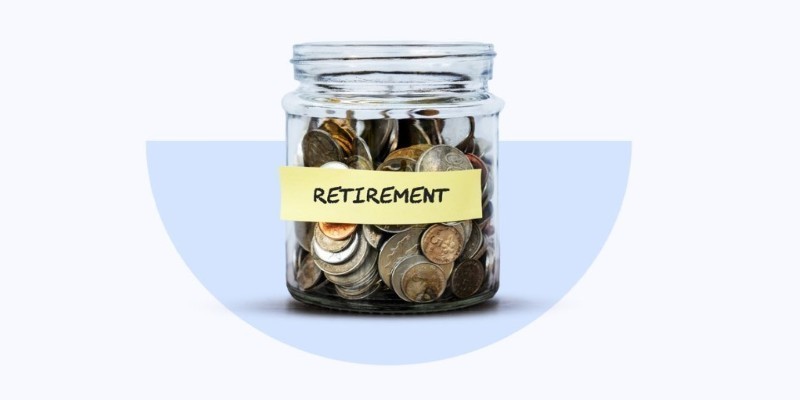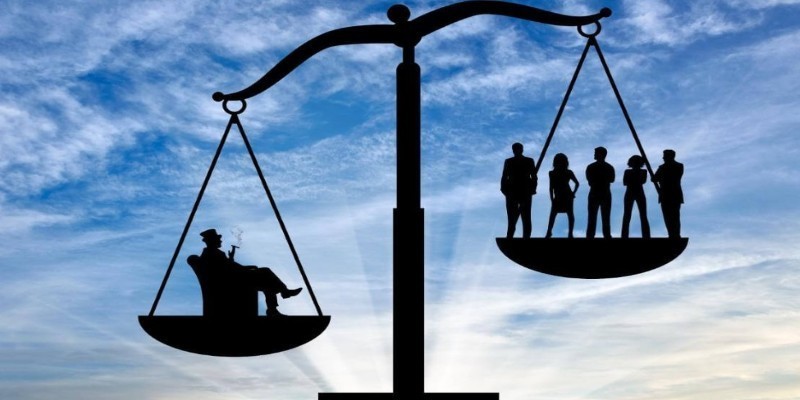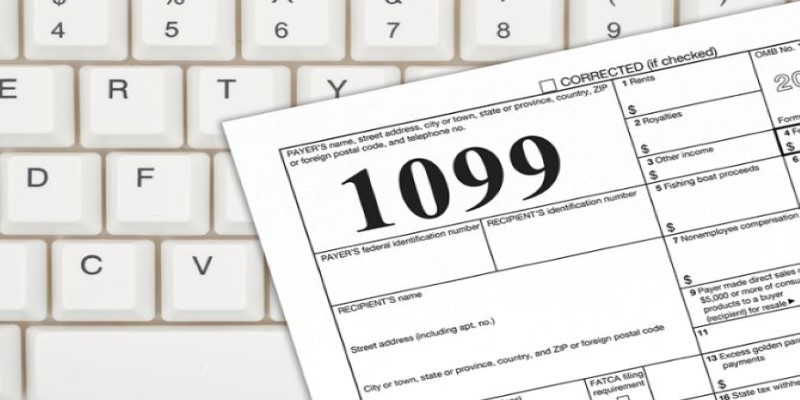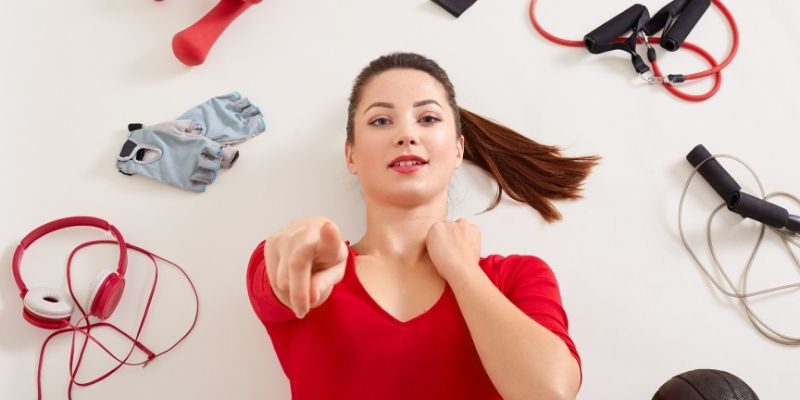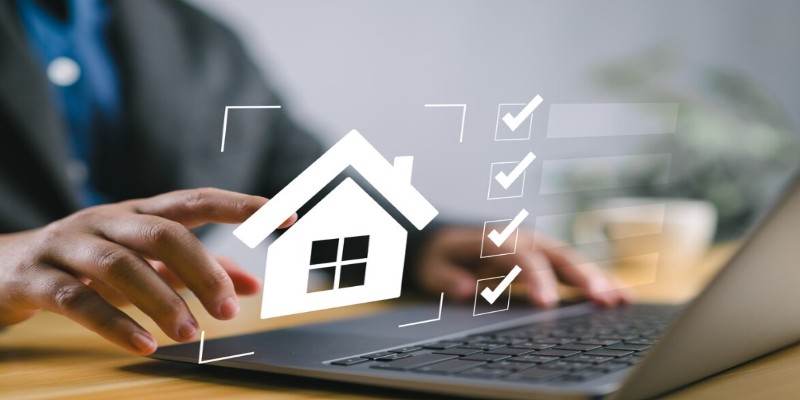Exercising is important for health, but for many Black individuals in America, it can come with added challenges. Physical activity should be a time to concentrate on well-being, whether one runs, walks, or visits a gym. Black folks who engage in fitness sadly can experience harassment, mistrust, and even dread. These encounters have a bearing on more general racial problems and stereotypes.
Simple activities like jogging in their neighborhood or using public areas could cause tension for Black men and women. Rooted in racial prejudice, the sense of threat can cause a calm run to become a tense and maybe dangerous event. The difficulties Black people encounter while working out in America are discussed in this article, together with the ways in which race and more general societal issues influence these experiences.
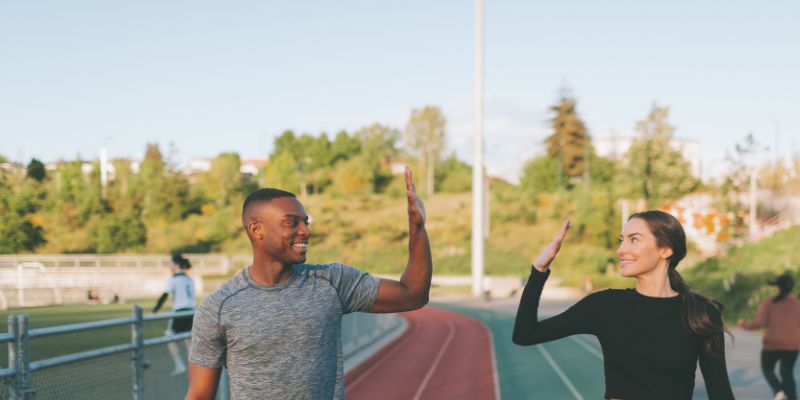
The Reality of Racial Profiling While Exercising
For Black people, working out in public places sometimes results in unwelcome scrutiny and mistrust. Particularly in mostly white places, many individuals jump to presumptions based just on skin tone. Black people may be perceived as a threat, whether they are walking, jogging, or just trying to keep fit. Deeply ingrained in racial prejudices, these presumptions help to explain a larger trend of racial profiling.
Black people have regularly reported being questioned, stopped, or even followed by law enforcement while working out. It might occur during leisure runs or walks, transforming what ought to be a fun and beneficial activity into a tense, unpleasant one. The racial prejudices driving these exchanges mirror more general systematic problems in society. Sadly, the very act of working out can set off anxiety, mistrust, and pointless conflict. This reality brings attention to the difficulties Black people have trying to remain active in public areas.
Public Perceptions and Stereotypes
Particularly in public venues, stereotypes about Black people greatly influence the presumptions formed about them. Media's negative representations of Black men can link them to crime, violence, or danger, therefore influencing their impression in daily life. This skewed perspective can cause a Black person to be unfairly assessed just in trying to exercise. For example, a Black person running in a mostly white region could be looked at with mistrust or uneasiness since their presence is sometimes seen as a possible threat, even if they are merely physically active.
These prejudices result from strongly rooted stereotypes and might lead to always uneasy and vigilant surroundings. This problem reflects more general systematic racism in America than it does limited events. Black people's racial presumptions while working out fit a larger pattern of racial profiling influencing many spheres of life, therefore supporting emotions of exclusion and anxiety.
The Danger of Exercising in Certain Neighborhoods
For Black people, especially in areas mostly white or wealthy, certain neighborhoods can provide more hazards for exercise. These areas might not always be friendly; hence, the appearance of a Black individual working out could cause unwelcome attention or even hate. Black people may experience verbal abuse, stares, or physical confrontation in such surroundings. Constant anxiety can result from the fear of being misinterpreted or misjudged when just attempting to keep fit.
Even if they are not breaking any laws, some people may worry about coming across as dangerous or suspicious. Black persons have been reportedly followed, stopped by police, or closely scrutinized by onlookers for what should be a benign pastime. This anxiety about misinterpretation can make working out seem dangerous and demoralizing. These racial dynamics can thus cause many people to decide to limit their outdoor activity or avoid particular places.
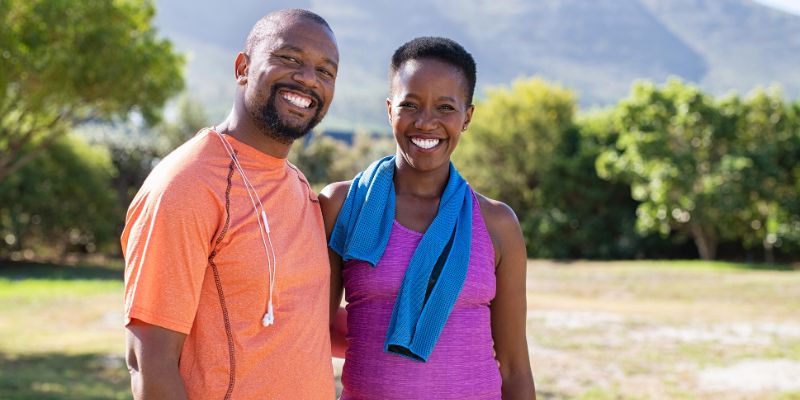
Fitness Spaces and Racial Exclusion
Racial exclusion in exercise environments goes beyond public areas and into gyms and fitness centers, where Black people frequently encounter discrimination. Black people may be seen as less capable or disregarded in these settings when they ask staff members or trainers for help. Unspoken prejudice exists in some fitness cultures that causes Black people to feel excluded or out of line. Many people are reluctant to join gyms or engage in fitness communities because of their alienation resulting from this subtle but ubiquitous exclusion.
Lack of diversity can have real consequences, including restricted access to group exercise programs, equipment, or instruction. Some people may find the awkward surroundings discouraging them from starting their fitness path or even from continuing their journey. These encounters help to explain the more general problem of racial prejudice in places meant to support health and welfare. Black people could thus miss out on the advantages of exercise and find it difficult to locate friendly and encouraging groups.
The Impact on Mental Health
Dealing with racism while working out can really affect mental health. Continually worrying about being evaluated, intimidated, or misread can cause stress that eclipses the advantages of physical exercise. Many Black people find that what should be a healthy, positive experience causes them to worry. Often, the dread of racial profiling or harassment makes it impossible to concentrate on fitness goals, which results in the exercise itself seeming overwhelming rather than satisfying.
Burnout brought on by this emotional weight might make it more difficult for people to keep motivated or keep up their exercise schedules. Managing outside worries and attempting to have a healthy lifestyle wears one mentally. This tension can eventually lessen the general benefits exercise should provide for mental well-being. Some people may even completely stop engaging in physical activity as a result of these bad experiences, therefore compromising their health. Racial discrimination adds extra mental weight that causes pointless obstacles to reaching fitness and well-being.
Conclusion:
Black people's difficulties working out draw attention to the larger problem of racial profiling and discrimination in America. The pressure of being judged or targeted can compromise emotional as well as physical health, whether in public areas or fitness centers. Racial prejudices, stereotyping, and isolation add to a continuous sense of anxiety that keeps many from really gaining from exercise. Dealing with these structural problems is essential to establishing inclusive, friendly environments where everyone may remain healthy. Black people would continue to encounter needless challenges till then, only trying to keep their well-being by means of physical exercise.


